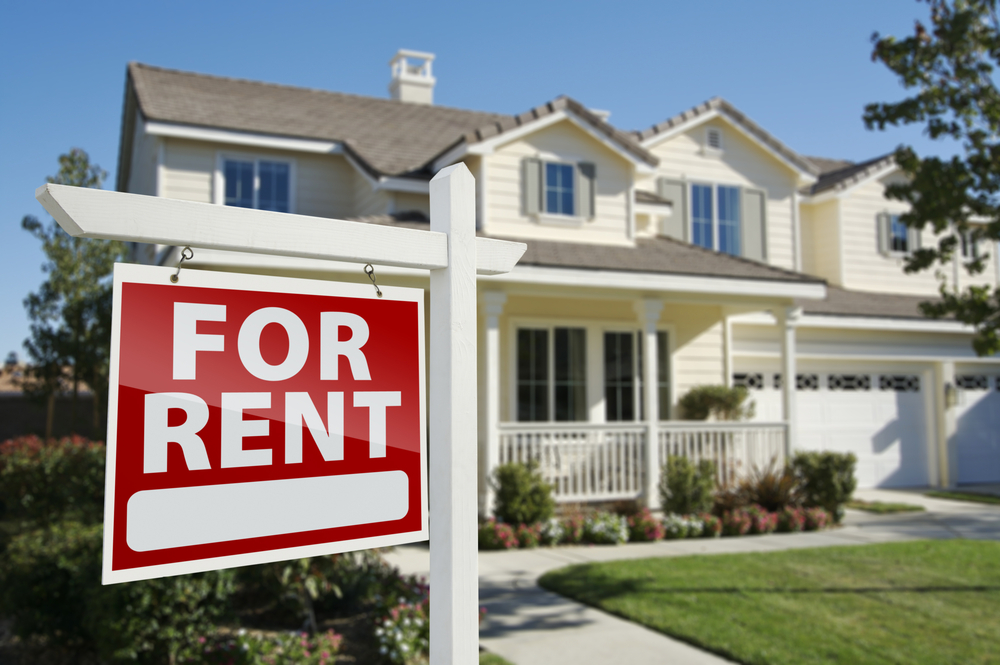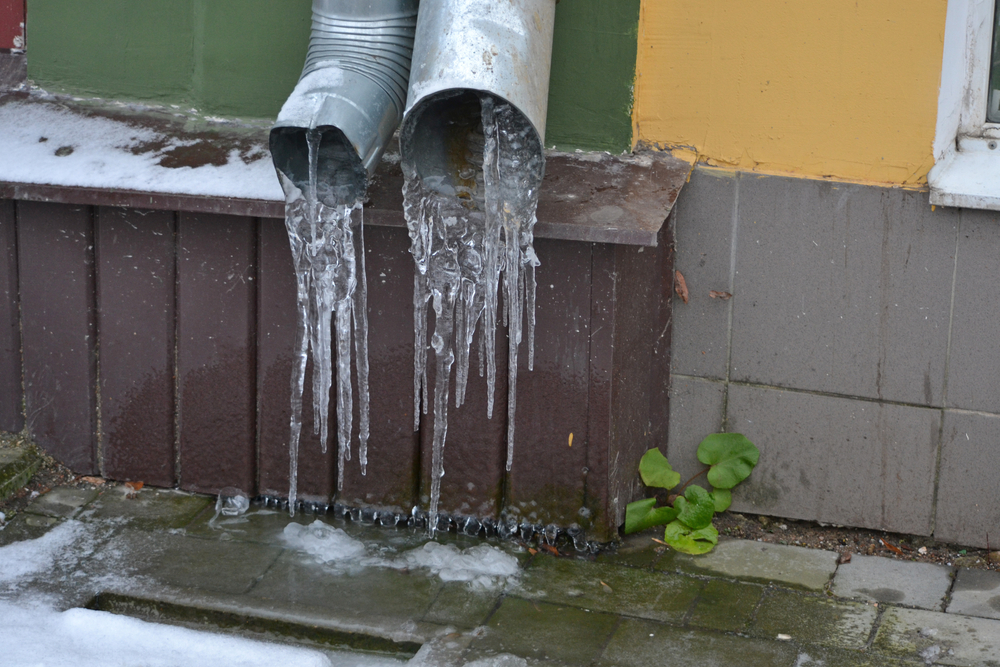
One pivotal decision that often stumps new investors is: Should I buy a fixer-upper or a rehabbed home? Each path presents its unique opportunities and challenges. This comprehensive guide aims to shed light on both options and help you make an informed decision that best aligns with your investment goals.
Before delving into the specifics of fixer-uppers versus rehabbed properties, it is essential to underscore the paramount importance of location. Regardless of whether you plan to reside in the property or rent it out, location is invariably the king.
According to Zillow's research, properties in desirable locations tend to attract quality tenants, yield higher rents, and appreciate more quickly in value. In contrast, a 'bargain' property in a less-desirable area can lead to extended vacancies or necessitate significantly reduced rent, impacting your income, cash flow, and ultimate profit.
A fixer-upper is a property that requires some level of renovation before it's ready to be rented out or resold. While these properties often come with a lower upfront cost, they demand an additional investment of time, effort, and funds for improvements.
On the other side of the spectrum, rehabbed homes, also known as turnkey properties, are move-in ready. They have been previously renovated to a state that is appealing to buyers or renters, thus saving you from the need to invest in immediate improvements.
The decision between a fixer-upper and a rehabbed home should be based on a balanced evaluation of your personal and financial circumstances. Your budget, skills, available time, risk tolerance, and long-term investment objectives all play a significant role.
If you have a constrained budget, enjoy DIY projects, and are willing to put in the time and effort, a fixer-upper in a promising location could be a profitable venture. On the other hand, if you prefer a hassle-free, immediate income-generating investment and can absorb a higher initial cost, a rehabbed home might be the right choice.
Whether you opt for a fixer-upper or a rehabbed home, partnering with a reputable property management firm can be advantageous. These firms handle tenant acquisition and management, regular maintenance, rent collection, and many other tasks, enabling you to maximize your returns while minimizing the daily hassles of property management.
In Conclusion: The journey of real estate investment is exciting and potentially very profitable. However, the decision between a fixer-upper and a rehabbed home hinges on thoughtful consideration and careful analysis. Understanding the benefits and drawbacks of each can empower you to make the right investment decision - one that best suits your individual goals and circumstances.
Looking for property management services in your area?
Find out about our services and fees from one of our experienced agents. We provide management & brokerage services for community associations, residential properties, and commercial properties.

Learn how to rent out your house with expert tips on preparation, pricing, marketing, tenant screening, and management for new landlords.

Learn how to handle frozen pipes in rental properties, prevent damage, and when to call a plumber or property manager for fast, effective solutions.
We're proud to make partnering with us easy. Contact our team to connect with one of our industry experts and get started today.